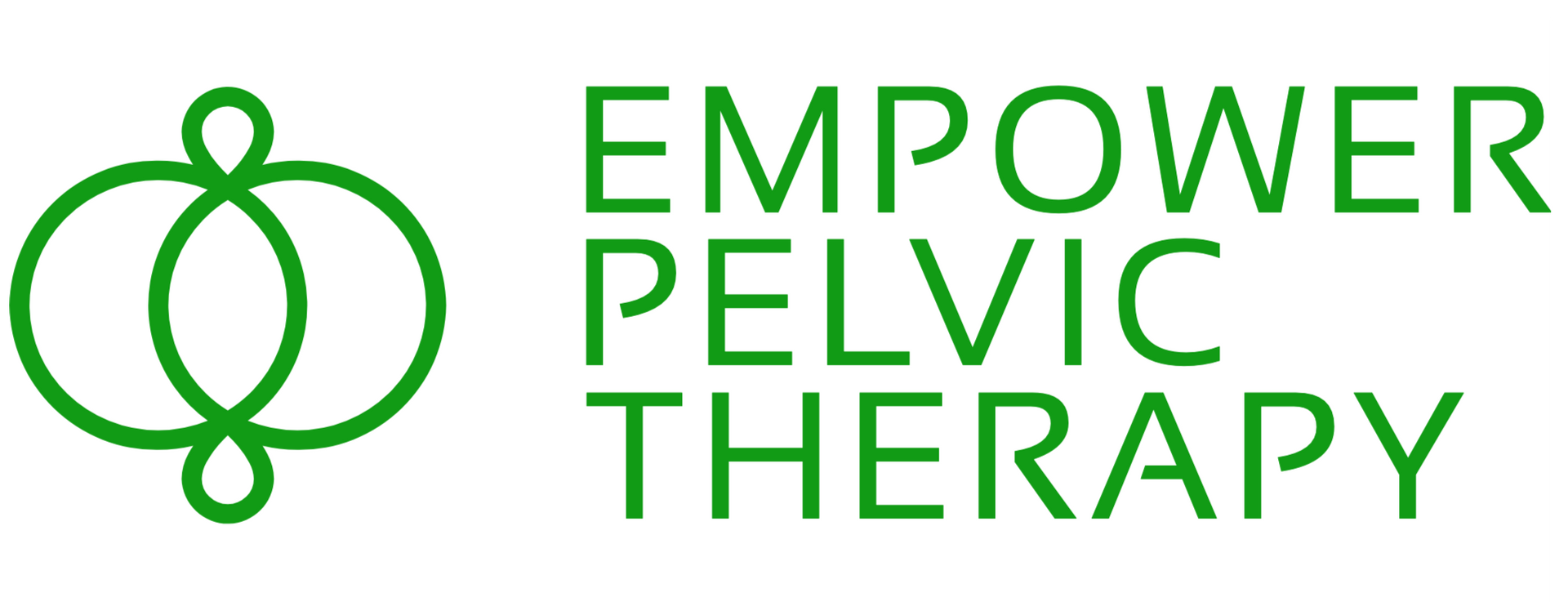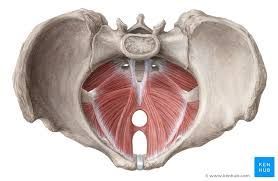The top nutritional deficits in postpartum women
A guide to start replenishing your depletion

In the postpartum period, women may experience nutrient deficits due to the physical demands of pregnancy and childbirth, as well as the challenges of breastfeeding and recovering from the birthing process. It's important for women to pay attention to their nutritional intake during this time to support their own health and the health of their newborn. Here are some nutrients that women may be at risk of being deficient in during the postpartum period:
1. Iron: Iron levels can be depleted during pregnancy and childbirth due to increased blood volume and potential blood loss during delivery. Iron is important for preventing anemia and supporting overall energy levels. Too much iron can cause constipation; it's best to get iron from iron rich foods with heme-iron (easier to digest) such as 3 ounces of cooked beef.
2. Calcium: Calcium is crucial for maintaining bone health, and women may have increased calcium needs during breastfeeding to support milk production. If dietary intake is insufficient, the body may pull calcium from the bones, leading to potential long-term health issues. Dairy products, soybean and dark-green, leafy vegetables are all great sources of calcium.
3. Vitamin D: Vitamin D is essential for bone health, immune function, and overall well-being. Many people, including postpartum women, may not get enough sunlight exposure or dietary sources of vitamin D, which can put them at risk of deficiency. Being outside for 20 minutes a day is truly the best way to soak in the purest vitamin D.
4. Omega-3 fatty acids: Omega-3 fatty acids, especially DHA (docosahexaenoic acid), are important for brain development in infants during breastfeeding. A deficiency in omega-3 fatty acids can affect both the mother's and baby's health. This is where DHA in your prenatal is important. Other forms of omega-3 fatty aids are found in seafoods.
5. B Vitamins: B vitamins, including B6, B12, and folate, are important for energy metabolism, nervous system function, and red blood cell production. These vitamins are especially important for postpartum recovery and managing fatigue. You can find a good source of vitamin B complex in whole grains, eggs, legumes, citrus fruits and avocados.
6. Magnesium: Magnesium plays a role in muscle and nerve function, energy production, and bone health. The demands of pregnancy, childbirth, and breastfeeding can lead to magnesium depletion. Foods high in magnesium include: spinach and leafy greens, bananas, okra, and broccoli.
7. Protein: Adequate protein intake is important for tissue repair, immune function, and milk production. Women who are breastfeeding have increased protein needs to support both their own recovery and their baby's growth. Good sources of protein include fish, poultry, beans, nuts, dairy, eggs and lentils.
8. Fiber: Adequate fiber intake is important for digestive health, especially after childbirth and while dealing with potential constipation. Fiber rich foods include: beans, broccoli, berries, avocado and popcorn.
9. Hydration: Staying well-hydrated is crucial for overall health and supporting milk production during breastfeeding. The ideal water intake suggestion is half of your body weight in ounces (ex: If you weigh 180lbs, you should be drinking 90 ounces of water).
It's important for postpartum women to focus on a well-balanced and nutrient-dense diet, potentially with the guidance of a healthcare provider or registered dietitian. Supplements may also be recommended in cases of significant nutrient deficiencies. Always consult with a healthcare professional before making any changes to your diet or supplement regimen, especially during the postpartum period.










